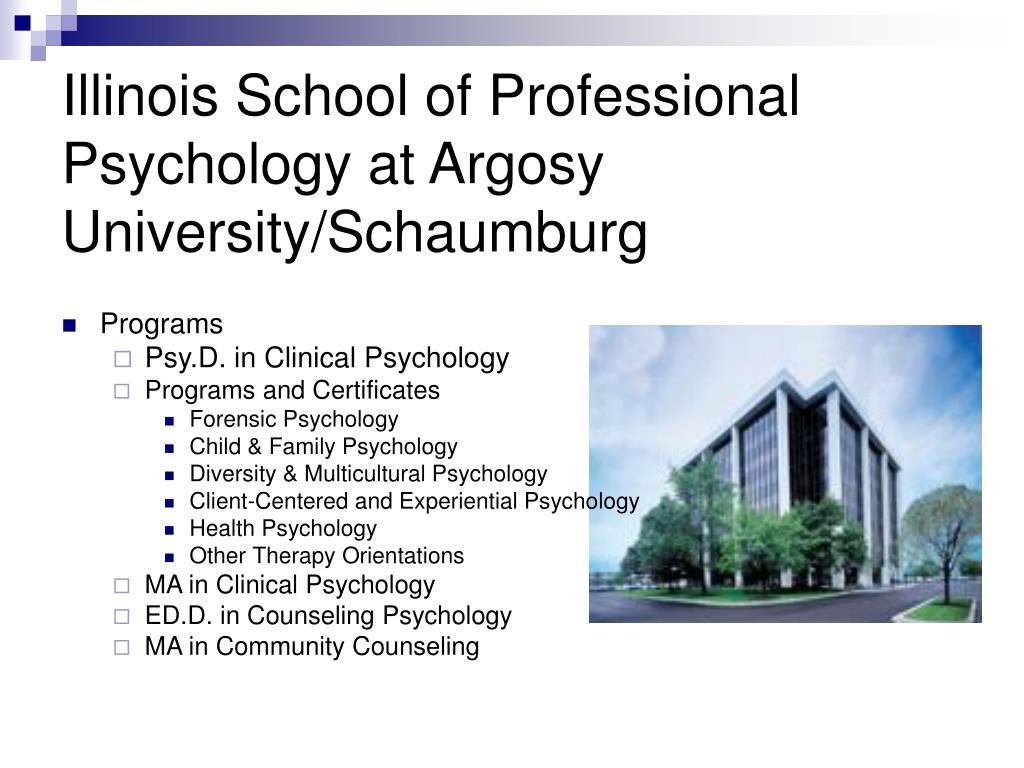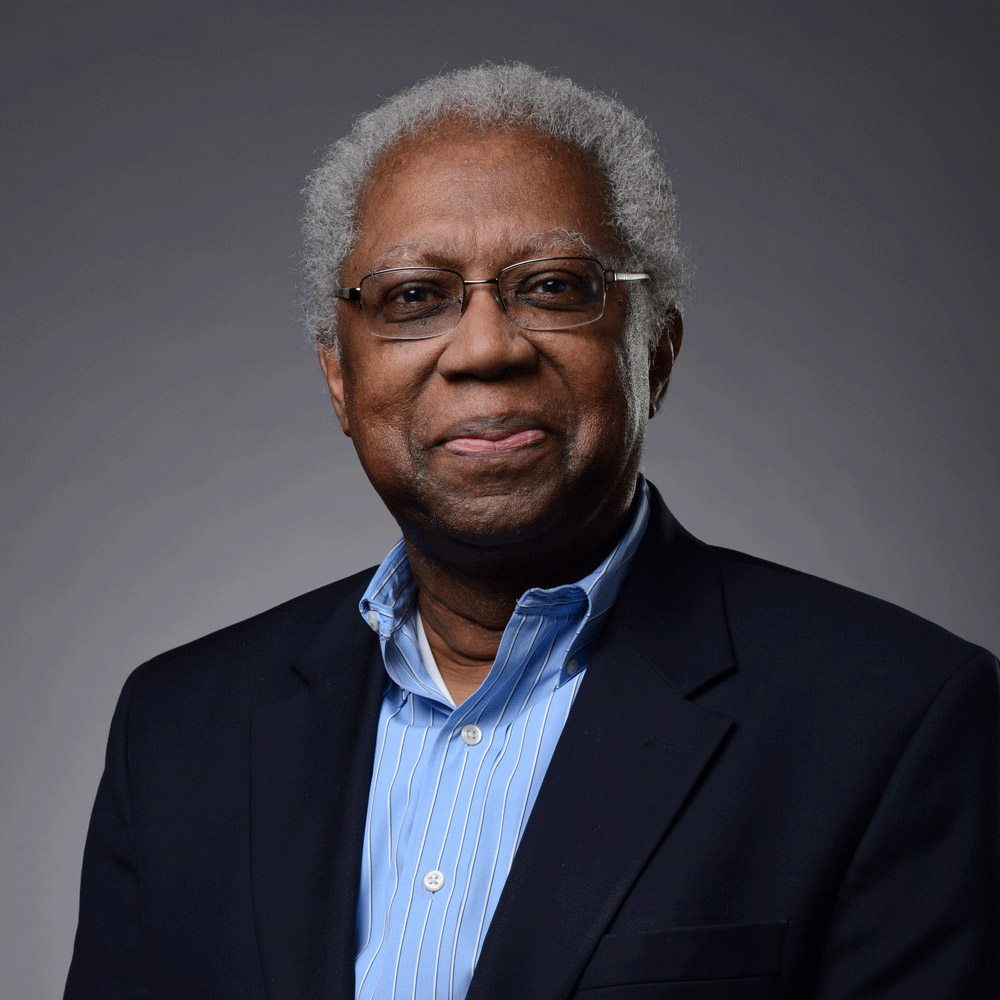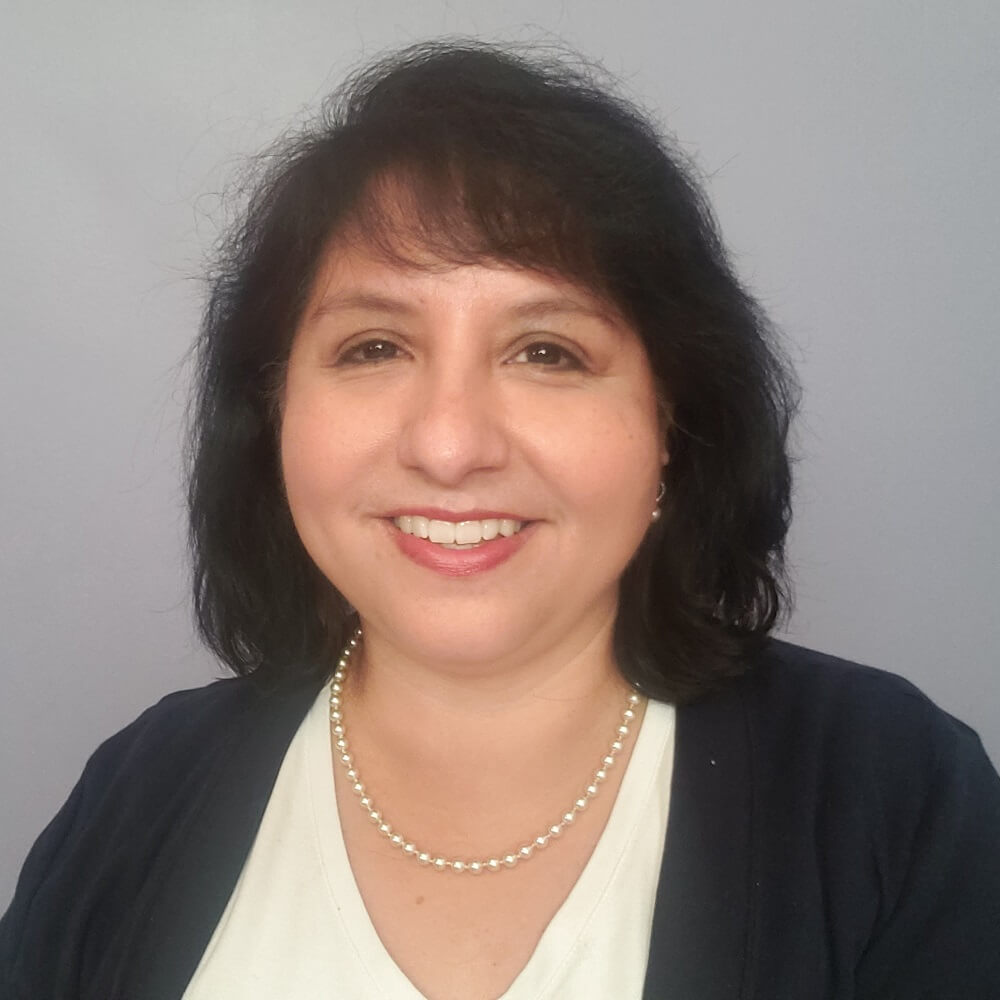

Later, on 11 December 2007, it was announced that IADT Toronto would close in March 2009. In June 2007, CEC announced that the Pittsburgh, Pa and Fairmont, WV campus of IADT would close in 2008.

The college changed its name in 19 to reflect expanded design and technology programs. Other Branches were opened in other major U.S cities, early on including a Toronto, Canada location. The first branch opened in Tampa, Florida in 1984. founded the International Academy of Merchandising and Design, Ltd in Chicago. The institution was briefly merged with Sanford-Brown in 2014 before being closed in 2015. It was owned by Career Education Corporation. The International Academy of Design and Technology ( IADT) was a private for-profit media arts college in the United States with over ten branches.

Maccoby said even if authors' contracts explicitly forbid AI companies from scraping and profiting from literary works, the rules are hard to enforce.Former for-profit media arts college in the United States The major publishers NPR contacted for this story declined to comment. The Authors Guild updated its model contract in March to include language addressing the use of AI. "What I hear from colleagues is that most publishers are amenable to restricting certain kinds of AI use," Maccoby said, adding that she has yet to add such clauses to her own writers' contracts. (According to a recent Authors Guild survey about AI, while 90% of the writers who responded said that "they should be compensated for the use of their work in training AI," 67% said they "were not sure whether their publishing contracts or platform terms of service include permissions or grant of rights to use their work for any AI-related purposes.")

Maccoby said agents, including herself, are starting to talk to publishers about featuring language in writers' contracts that prohibits unauthorized uses of AI as another way to protect their livelihoods, and those of their clients. "That's the only way these things are settled." humans: the Grammys outline new rules for AI use The advent of text-based generative AI applications like GPT-4 and Bard, that scrape the Web for authors' content without permission or compensation and then use it to produce new content in response to users' prompts, is giving writers across the country even more cause for worry. And writers' incomes declined by 42% between 20. But protecting writers from the negative impacts of these technologies is not an easy proposition.Īccording to a forthcoming report from The Authors Guild, the median income for a full-time writer last year was $23,000. It's the latest in a volley of counter-offensives the literary world has launched in recent weeks against AI. Thousands of writers including Nora Roberts, Viet Thanh Nguyen, Michael Chabon and Margaret Atwood have signed a letter asking artificial intelligence companies like OpenAI and Meta to stop using their work without permission or compensation. It's just one example of the many ways AI has found its way into the world of books. The library incorporates technology and artificial intelligence, including robots to help visitors and an electronic book retrieval system. A visitor walks past shelves of books at the Mohammed bin Rashid Library in Dubai in June 2022.


 0 kommentar(er)
0 kommentar(er)
